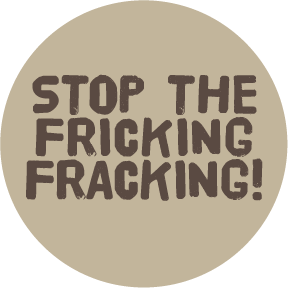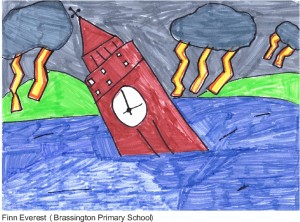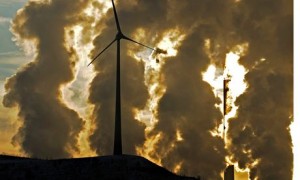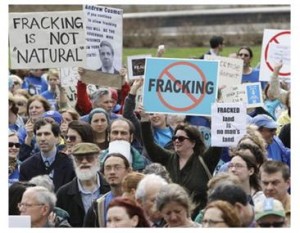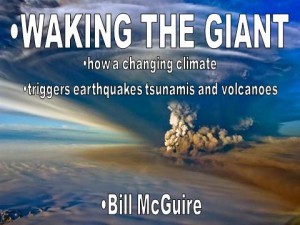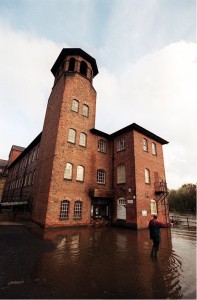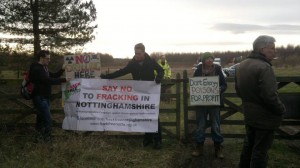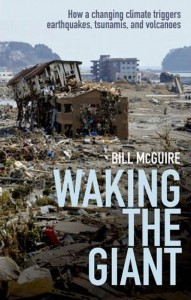Owen Paterson has been accused of “incredible complacency” over climate change after new figures showed his department has slashed spending on helping Britain cope with global warming.
The Department for Environment, Food & Rural Affairs (Defra) will spend just £17.2m on domestic “climate change initiatives” this financial year, a 41 per cent decline on the previous 12 months, according to its response to a freedom of information request.
The figures will fuel fears that the Environment Secretary’s personal climate-change scepticism could be exposing the UK to a higher risk of flooding and other global warming consequences.
Bob Ward, policy director at the London School of Economics’ Grantham Research Institute, said: “These shocking figures should worry everyone in the UK. Defra is the lead government department for climate change adaptation and is primarily responsible for making the UK resilient to the impacts of global warming, such as increased flood risk,”
Maria Eagle, shadow Environment Secretary, said such a steep drop in domestic climate change initiatives “reveals an incredible level of complacency about the threat to the UK from climate change”.
She added: “This is further evidence that Owen Paterson’s unwillingness to accept the science on climate change is leading him to make the wrong choices on spending cuts within his department.”
[thanks to the Independent for this item: see http://www.independent.co.uk/news/uk/politics/exclusive-climate-scepticism-blamed-as-owen-paterson-slashes-spendingon-global-warming-9086397.html]

